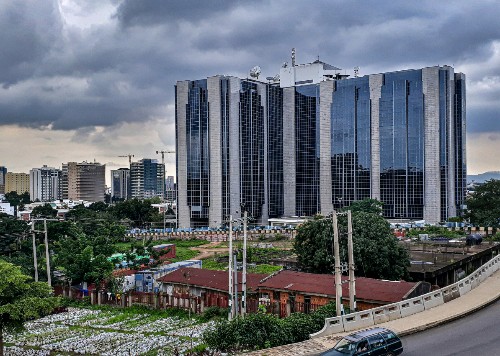The Lagos State House of Assembly on Friday passed a total of N2,267,976,120,869 as the 2024 budget size of the State at a plenary session presided over by the Speaker, Rt. Hon. Mudashiru Obasa.
The budget representing 58 percent Capital Expenditure and 42 percent Recurrent Expenditure was approved following a unanimous voice vote by all the lawmakers present at the sitting.
“A bill for a law to authorise the issuance and appropriation of N952,430,566,998 from the Consolidated Revenue Fund for Recurrent Expenditure and N1,315,545,553,871 from Development Fund for Capital Expenditure thereby totaling a budget size of N2,267,976,120,869 for the year ending 31st December, 2024 be passed into law,” the Speaker had raised on the floor as the budget report was read a third time.
Dr. Obasa, thereafter, commended the lawmakers for their dedication and cooperation at ensuring a quick passage of the Appropriation Bill while directing the Clerk of the House, Barr. Olalekan Onafeko, to forward a copy of the approved budget to Governor Babajide Sanwo-Olu for assent.
Prior to its passage, Hon. Sa’ad Olumoh, chairman of the joint-committee on Budget and Finance, had presented a report containing some recommendations to the House.
Among the recommendations is that the Public Works Corporation, the Water Corporation and the state-owned tertiary institutions be placed on first-line charge to enable them perform optimally.
Governor Sanwo-Olu had on Wednesday, December 13, 2023, presented the 2024 budget proposal of N2.246 trillion to the House of Assembly saying that the state anticipated internally generated revenue of N1.251 trillion and federal government allocations of N596.629 billion.
Recall that Obasa, during the presentation of the budget by the governor, urged the government should ensure a functional budget.
“It is highly important for us to apply the right indices towards ensuring a performing and functioning budget that would lift our people out of poverty and reposition the state towards infrastructural growth and renewal.
“Palliatives should move from just giving people garri, rice, beans or even money. We should have a direction that is focused, impactful and deeply backed up by effective policy implementations.
“For instance, in the name of palliative care, let there be provision of drugs at all public hospitals in the state at subsidised rates. At the same time, focus should be on a downward review of treatment costs in these hospitals,” the Speaker said during the budget presentation.
Eromosele Ebhomele
Chief Press Secretary to the Speaker of the Lagos State House of Assembly.

 BIG STORY3 days ago
BIG STORY3 days ago
 BIG STORY1 day ago
BIG STORY1 day ago
 BIG STORY1 day ago
BIG STORY1 day ago
 BIG STORY22 hours ago
BIG STORY22 hours ago
 BIG STORY1 day ago
BIG STORY1 day ago
 BIG STORY4 days ago
BIG STORY4 days ago
 BIG STORY4 days ago
BIG STORY4 days ago
 BIG STORY4 hours ago
BIG STORY4 hours ago































